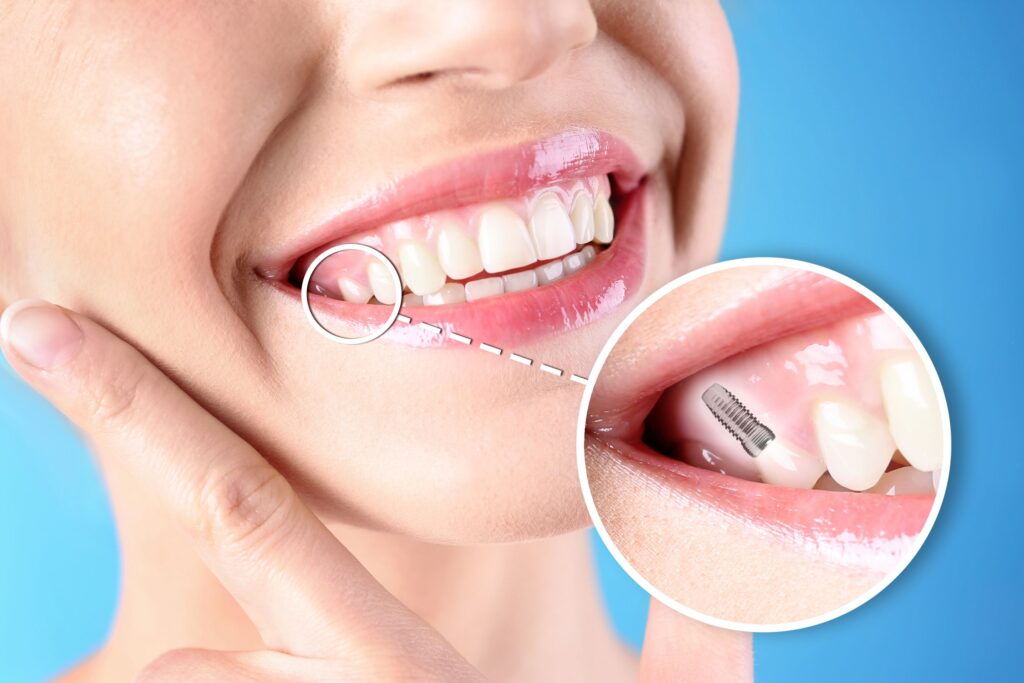
Many experts consider dental implants the ideal way to replace missing teeth because of their unique benefits. They’re the only restorations that are embedded directly into your jawbone so they’re usually stronger and more resilient than alternatives like dental bridges and dentures.
However, because this treatment involves oral surgery, you must consult your dentist to ensure you’re a good candidate before you can proceed. Continue reading to learn about 3 characteristics that can contribute to successful dental implants!
Trait #1: Good General Health
When you arrive for your appointment, your dentist will update your medical history and list any prescriptions and supplements you’re taking. This helps them avoid providing any treatments or medications that have negative interactions. Although your provider is happy to help your rebuild your smile, they don’t want to sacrifice your overall health to do it.
They’ll also update your health stats to ensure that your body is strong enough to undergo surgery safely and recover effectively afterward.
Trait #2: Sufficient Jawbone Density
Did you know that your jaw starts thinning after teeth fall out? Under normal circumstances, your roots stimulate your jawbone with every bite, keeping it active and healthy. When they go missing, you can lose up to 20% of the surrounding bone mass within the first year.
Your dental implants include a titanium rod inserted into your jaw to anchor it in place. It can take three to six months to heal after your procedure because that’s how long it usually takes for your jawbone to generate enough new material to fuse with this metal pole, making it a permanent part of your mouth. If your jaw is too thin, you might not complete this process successfully, which can contribute to implant failure.
If your dentist finds that you don’t have the required density initially, don’t lose hope! Often, a bone graft procedure can bulk it up enough to continue.
Trait #3: Commitment to Dental Hygiene
Although implants are incredibly resilient, they’re not completely invincible. The number one leading cause of failure is a pervasive form of gum disease, peri-implantitis, which can erode the connective and bone tissue holding your restoration in place. You must keep your mouth clean both immediately following your surgery and ongoing to protect and preserve your prosthetics.
To keep your smile clean and healthy, continue brushing and flossing all your teeth twice daily, and visit your dentist every six months for a routine checkup and cleaning.
If you’re still unsure whether dental implants are right for your unique circumstances, the best way to find out is to consult your oral healthcare provider!
Meet the Author
Dr. Shauna Soltani enjoys helping people improve their lives by enhancing their dental condition. She earned her dental doctorate from the University of Colorado School of Dental Medicine and has continued her education to focus on topics like cosmetics, TMJ/bruxism treatment, root canal therapy, orthodontics, and more. She partners with the best local surgeons to ensure your implants are placed accurately, then provides long-lasting, lifelike restorations to replace your missing teeth. You can request a consultation on the website or by calling (720) 608-7770.




